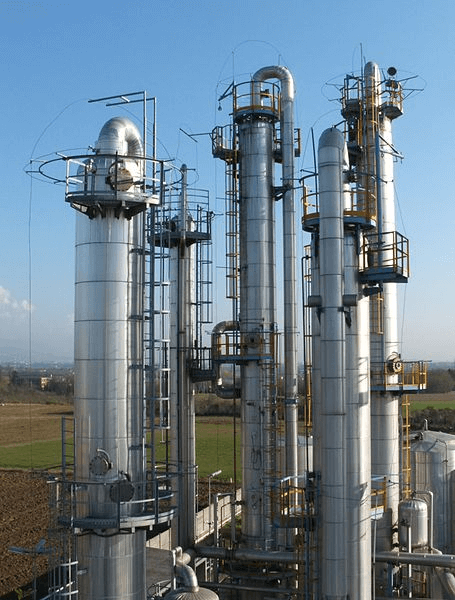
First, while there’s no satisfactory way to make wine without alcohol (that’s just fruit juice) there is a way to get the alcohol out of your wine after it’s finished.
But the wine will be absolutely awful.
There are some acceptable-tasting commercial non-alcohol wines. I can’t say they taste good (they don’t) but for folks who’d like to play along without getting any alcohol in their system, they can do the job
 Commercial wines are de-alcoholized nowadays through the Spinning Cone system. The Spinning Cone System is a fascinating setup that uses a pressurized column with stacked cones, very tightly spaced, each of which spins in opposite direction to the one next to it. By pumping wine through the column and varying both the pressure and the speed of the cones, you can blow the alcohol right out of the wine without materially affecting any other component. It’s like a magic trick.
Commercial wines are de-alcoholized nowadays through the Spinning Cone system. The Spinning Cone System is a fascinating setup that uses a pressurized column with stacked cones, very tightly spaced, each of which spins in opposite direction to the one next to it. By pumping wine through the column and varying both the pressure and the speed of the cones, you can blow the alcohol right out of the wine without materially affecting any other component. It’s like a magic trick. Unfortunately, the cone is the size of a two-story building, requires infrastructure, engineers and trained operators, and costs more than a decent-sized house. Even if you could afford one and had a place to put it, you can’t turn it on unless you've got a thousand gallons of wine to run at once—that’s just how they’re engineered.
There’s also reverse-osmosis, where the wine is strained through an extremely tight filter membrane. It’s so tight that only alcohol molecules can go through. Sadly, as with the spinning cone, RO filters for alcohol are again expensive, big, and need trained operators and a lot of volume of wine to run economically.
 In the old days wines were vacuum distilled, just like one does with brandy, only the objective is to have the wine that’s left behind, not the distillate that comes out. Sadly, this badly abuses the wine (the word brandy comes from the Dutch word ‘brandewijn’ which means ‘burnt wine’).
In the old days wines were vacuum distilled, just like one does with brandy, only the objective is to have the wine that’s left behind, not the distillate that comes out. Sadly, this badly abuses the wine (the word brandy comes from the Dutch word ‘brandewijn’ which means ‘burnt wine’). All three of these alcohol separation schemes also suffer from a common problem: they are all methods of distillation, which is flat-out 100% illegal in all cases for a citizen to pursue. Before anyone talks about their cousins with a still, we know, people do it. These people are in violation of federal excise tax laws, and if there’s one thing you don’t want to do, it’s to tease the revenuers—remember who got Al Capone? It wasn’t the G-Men, it was an accountant who nailed him for taxes.
 We have heard of people putting their wine in a huge pot in the oven and heating it up to 175 F. This would volatilize the alcohol without reaching the boiling point of water, so in theory it might reduce the alcohol levels. However, you’d need to reduce the volume of the wine by the percent of the alcohol it started with—in other words, if you’ve got a 12% wine, you’d need to boil off 12% of the volume of the wine to reduce the alcohol.
We have heard of people putting their wine in a huge pot in the oven and heating it up to 175 F. This would volatilize the alcohol without reaching the boiling point of water, so in theory it might reduce the alcohol levels. However, you’d need to reduce the volume of the wine by the percent of the alcohol it started with—in other words, if you’ve got a 12% wine, you’d need to boil off 12% of the volume of the wine to reduce the alcohol. Even if this did work, it would not make alcohol-free wine, just alcohol-reduced, which might not be suitable for people who are abstaining because of health reasons. Also, it would caramelize all of the sugars in the wine, and set some of the proteins, and oxidize the wine pretty badly.
To answer your original question one more time, you could reduce the alcohol in your wine, but you’re probably going to ruin it in the process. Better to serve soda and fruit juice to your guests who are driving or avoiding alcohol and save the wine for those who will be enjoying it fully.

